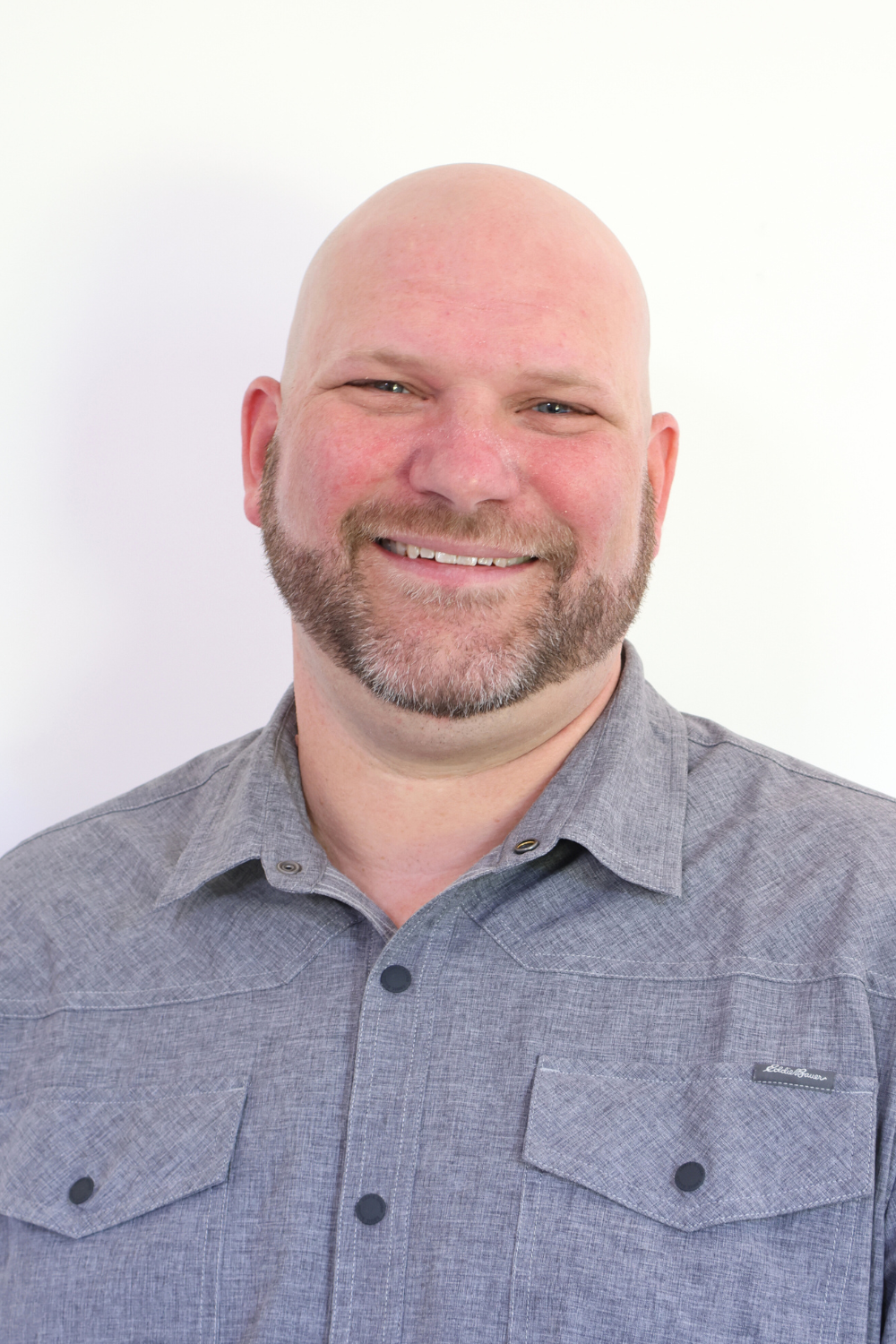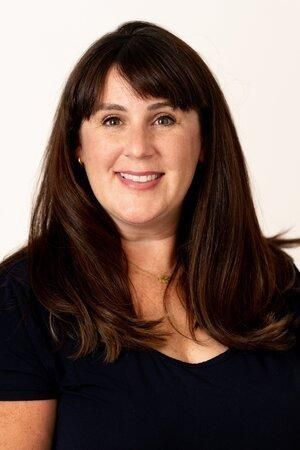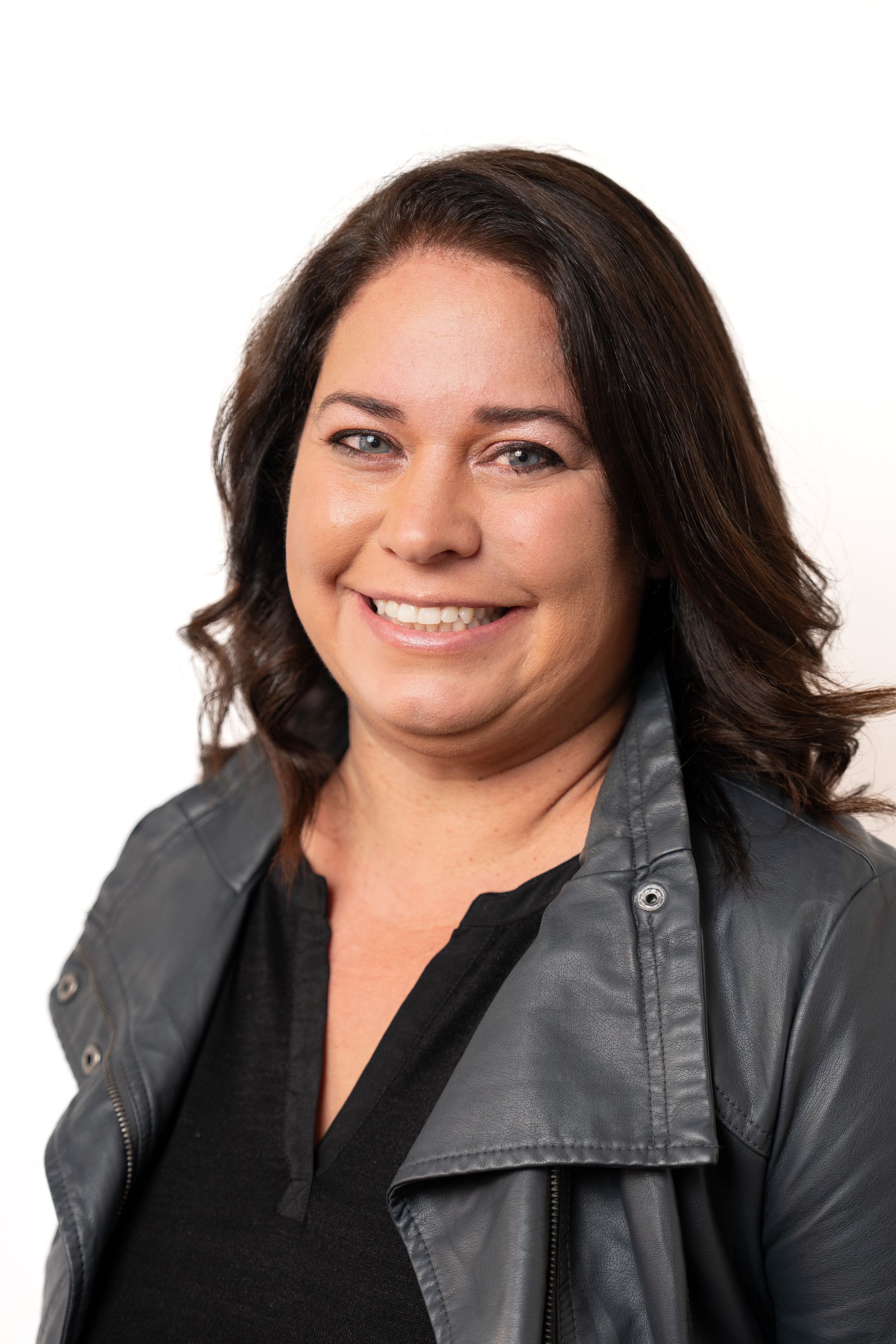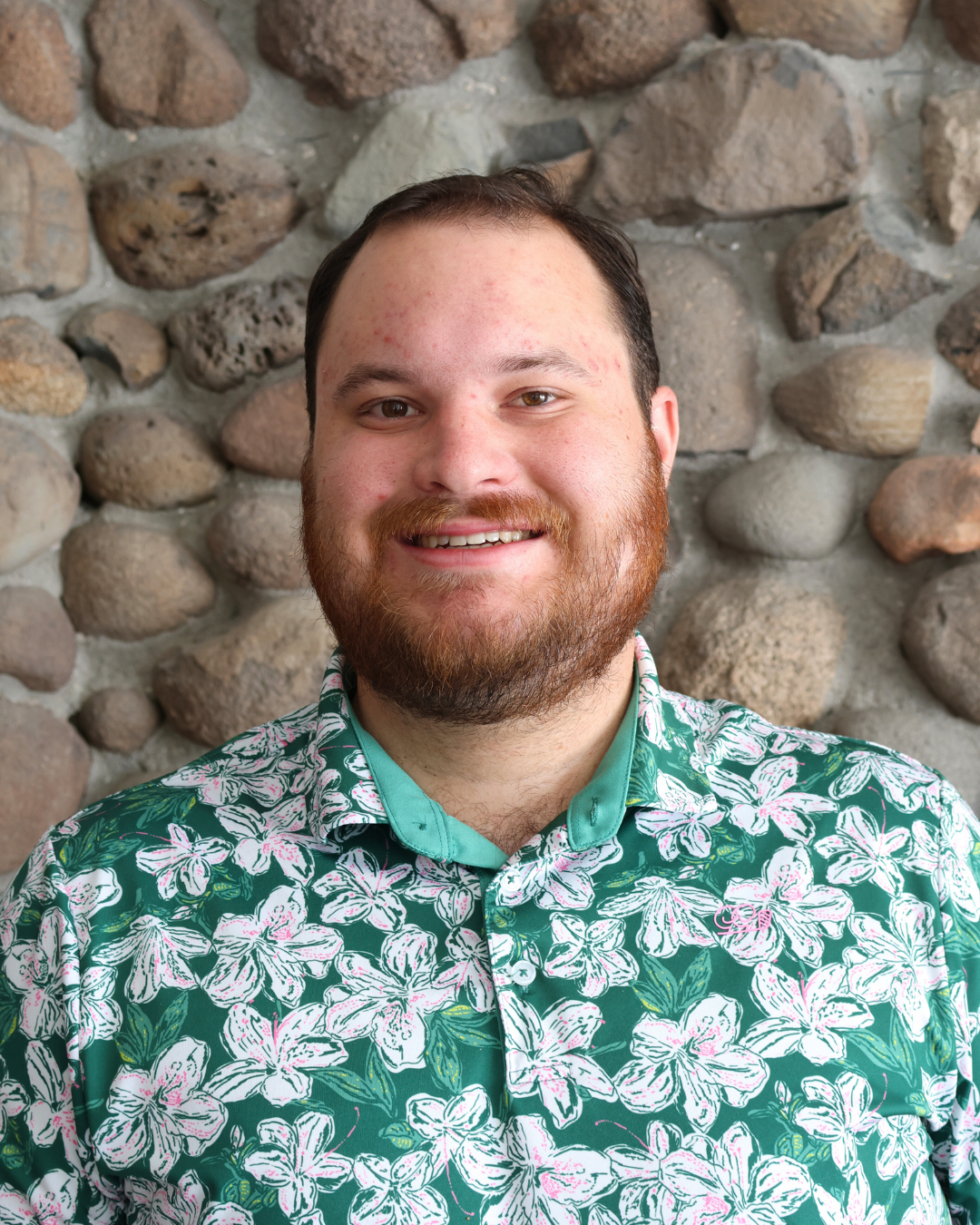August 21, 2025
When Emma was 8, her parents noticed her food choices shrinking. At first, they assumed it was just picky eating — “She’ll outgrow it,” friends said. But by 10, Emma would only eat crackers, cheese, and chicken nuggets. Family dinners became nightly struggles, her growth slowed, and she skipped birthday parties to avoid “strange food.” Her parents felt powerless, her brother grew frustrated, and outings dwindled. What began as food avoidance soon reshaped the rhythm of the entire household. When children avoid food, most parents expect it’s a passing stage. But when restriction deepens, shrinks to only a few “safe foods,” and begins affecting growth or health, families suddenly find themselves in unfamiliar territory. This is often where Avoidant/Restrictive Food Intake Disorder (ARFID) emerges — with effects that extend far beyond the plate. As providers, we need to be attuned to these patterns. It’s tempting to dismiss them as “no big deal,” yet for many families, they are life-altering. Sadly, Emma’s story is not unusual. Mealtimes as Battlegrounds Families living with ARFID often describe mealtimes as emotionally charged, exhausting, and unpredictable. What should be a chance to connect around the table can feel more like a negotiation or even a standoff. Parents wrestle with whether to push their child to try a new food or give in to the same “safe foods” again and again to avoid tears, gagging, or complete meltdowns. This ongoing tension can make mealtimes dreaded rather than cherished. Siblings, too, are affected. Some may feel resentful when family meals are limited to what only one child will tolerate. Others may act out in response to the constant attention the child with ARFID receives. Over time, the dinner table shifts from a place of nourishment and bonding into a stage for conflict, anxiety, and guilt — a pattern that can erode family cohesion and resilience. Social Isolation and Missed Experiences ARFID impacts more than what happens at home; it influences how families engage with the world around them. Everyday events — birthday parties, school lunches, vacations, even extended family dinners — become sources of stress. Parents may pack special foods to avoid confrontation or, in many cases, decline invitations altogether to protect their child from embarrassment or overwhelm. This avoidance can lead to an unintended consequence: isolation. Families miss out on milestones, friendships, and traditions because of the unpredictability surrounding food. The child may feel left out or ashamed, while parents grieve the loss of “normal” family experiences. This social withdrawal can compound the anxiety already present in ARFID and deepen its impact across generations. Emotional Toll on Parents The emotional strain on parents navigating ARFID is significant. Many describe living in a constant state of worry — Will my child get enough nutrients? Will they ever grow out of this? Am I doing something wrong? This worry often spirals into guilt and self-blame, particularly when outside voices dismiss the disorder as mere “picky eating.” In addition, the pressure to “fix” mealtimes can strain marital relationships, creating disagreements over discipline, feeding strategies, or medical decisions. Parents may also feel emotionally depleted, pouring all their energy into managing one child’s needs while inadvertently neglecting themselves or their other children. Without support, this chronic stress can lead to burnout, depression, and disconnection within the family system. The Role of Providers For clinicians, ARFID must be viewed not only as an individual diagnosis but as a family-wide challenge. Effective care requires attention to both the clinical symptoms and the family dynamics that shape recovery. Parent Support: Educating caregivers that ARFID is not their fault, offering psychoeducation, and helping them reframe mealtime struggles as part of the disorder — not a parenting failure. Family-Based Interventions: Coaching families in structured meal support, communication strategies, and gradual exposure work so parents don’t feel powerless. Holistic Care: Involving therapists, dietitians, occupational therapists, and medical providers ensures that the family does not shoulder the weight of treatment alone. When families are validated, supported, and given practical tools, the entire household can begin to heal. Treatment is not only about expanding a child’s food repertoire but also about restoring peace, resilience, and connection at home. Moving Forward ARFID may begin with one individual, but its ripple effects are felt across the entire family system. By addressing both the psychological and relational dimensions, providers can help transform mealtimes from a source of conflict into an opportunity for healing and connection. For those who want to go deeper, we invite you to join our upcoming training on ARFID , where we will explore practical strategies for supporting both clients and their families.
































































